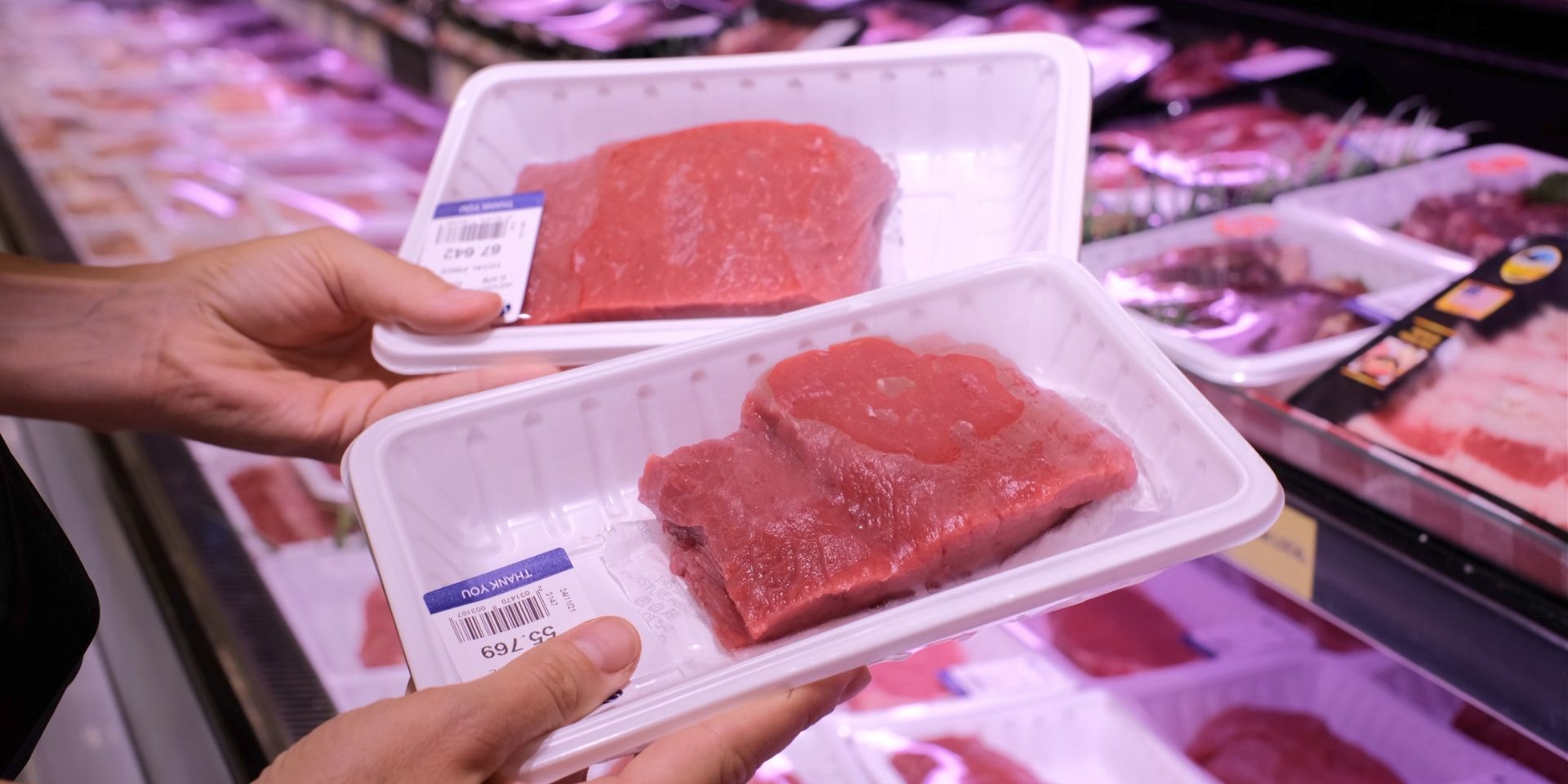In a move to meet the growing demand for halal meat in Maine, the U.S. Department of Agriculture (USDA) has announced the allocation of a $65,000 Rural Business Development Grant to the Cooperative Development Institute (CDI). The nonprofit organization will utilize the funds to establish a halal meat cooperative in Maine, catering to both residents and the broader region.
The newly formed cooperative will consist of livestock growers and Five Pillars Butchery, an immigrant-owned business to create a halal meat brand and establish a halal-certified, USDA-regulated slaughter and processing facility. CDI will play a crucial role in advising and training cooperative members during the initial stages of development.
Kathryn Piper, owner of Five Pillars Butchery, expressed gratitude for the USDA Rural Business Development Grant, stating, "We are motivated not only to supply the Muslim and immigrant communities of Maine and Northern New England with quality local products but also to support regional farmers in gaining access to the rapidly growing halal food market."
"There are currently no halal, USDA-certified slaughterhouses in Maine or northern New England," said Katherine Bessey, Program Director at the Cooperative Development Institute.
"Despite the recent growth of Muslim and other immigrant populations in the region, there are no local sources for these culturally relevant processed meat products. There is a need to develop an equitable local food production system in Maine that provides access to culturally relevant food, such as halal slaughtered meats. Maine farmers need a variety of tools to create a sustainable industry. By forming a cooperative to pool resources and expand markets, Maine’s farmers, producers, sellers, and consumers will all benefit."
Five Pillars Butchery anticipates reaching full capacity by 2028. The business estimates that once at full capacity, over $2 million in sales will circulate back to the cooperative's farmers.
This financial boost is expected to empower farmers to reinvest in their farm infrastructure, hire additional employees, and contribute to a sustainable agricultural sector in Maine.

